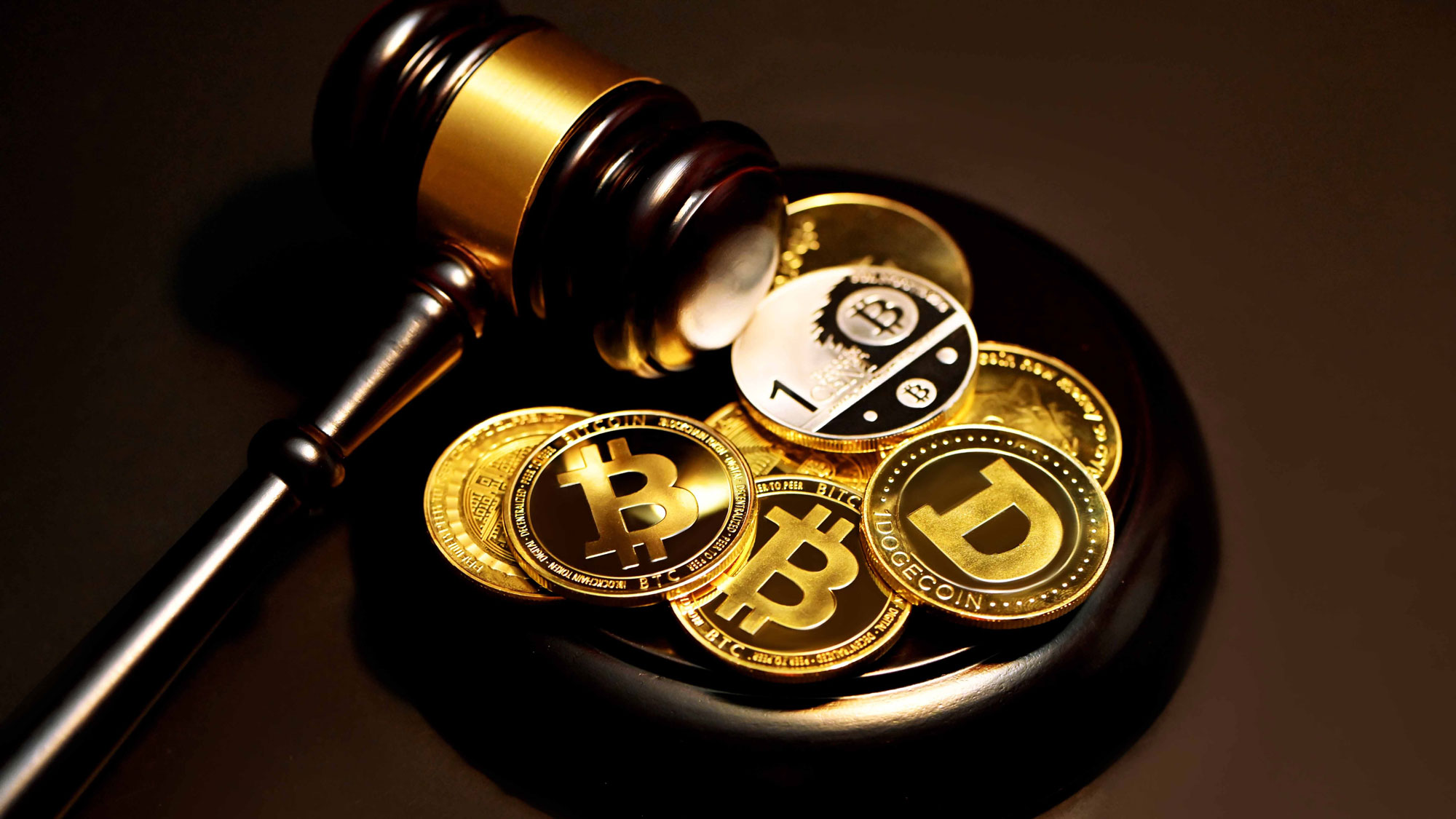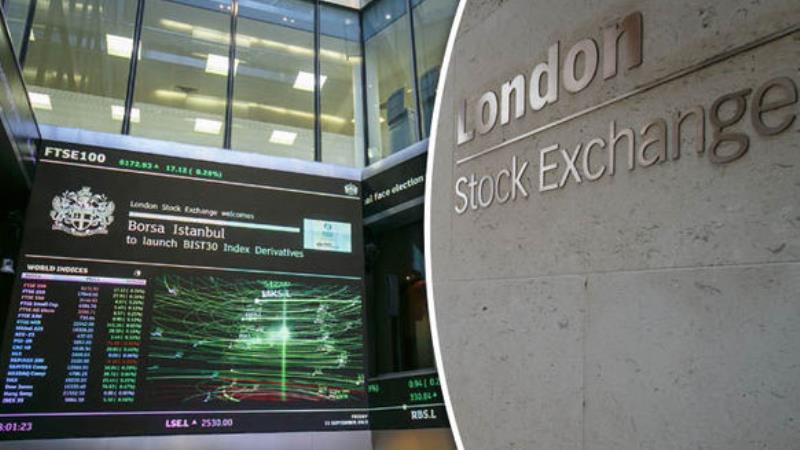
The digital currency revolution
Warren Buffett, often hailed as one of the greatest investors of all time, has consistently voiced his skepticism toward Bitcoin, famously referring to it as "rat poison squared." His reservations are based on some fundamental beliefs that have shaped his investing philosophy for decades. Here’s a story exploring the reasons behind Buffett’s bias against Bitcoin and why he might be reluctant to embrace this digital currency revolution.
1. Buffett's Value-Driven Philosophy
Buffett's entire investment philosophy revolves around the concept of intrinsic value—the idea that an asset should generate cash flow or other tangible benefits over time. He’s built his fortune on investing in companies that produce real goods and services, have a strong management team, and deliver consistent cash flows. From Coca-Cola to Apple, his investments are rooted in businesses he believes have enduring value and contribute something tangible to society.
Bitcoin, however, doesn’t fit into this framework. It doesn't produce anything, generate cash flow, or yield dividends. For Buffett, this makes Bitcoin more like a speculative asset, comparable to gold or art, whose value is primarily based on what someone else is willing to pay for it. Since there's no clear way to measure Bitcoin's intrinsic worth, it doesn't align with his approach.
2. Skepticism Toward Technology He Doesn’t Fully Understand
Buffett has long admitted that he tends to stay away from industries or technologies he doesn’t understand well. His notable reluctance to invest in tech companies, for example, kept him out of the dot-com bubble in the late 1990s, which he managed to avoid successfully. This approach has helped him avoid speculation-driven bubbles, but it has also meant that he was late to invest in successful tech companies like Apple (which he eventually invested in, though well after its market dominance was established).
For Buffett, Bitcoin falls under the category of technologies he may not feel comfortable assessing. The intricacies of blockchain technology and the cryptographic principles behind Bitcoin require a different mindset than the one he’s developed over decades. Even if he’s advised by experts, he may be wary of putting capital into something he doesn’t fully grasp.
3. Caution from Seeing Multiple Financial Bubbles
Buffett has witnessed and survived numerous financial bubbles, from the stock market crashes of 1987 and 2008 to the dot-com bubble. His experiences have shaped his cautious approach to asset classes that seem to rely primarily on hype and speculation.
To him, Bitcoin and other cryptocurrencies might appear eerily similar to the speculative mania seen in past bubbles. Given Bitcoin’s price volatility and its dramatic rise in popularity, he likely perceives it as a bubble waiting to burst. This perception may prevent him from seeing the long-term potential of cryptocurrencies, as his bias leans heavily toward caution and protection against losses.
4. The Regulatory and Security Concerns
Buffett is a staunch supporter of transparent and regulated markets. He believes that oversight helps maintain trust and stability in financial systems. Bitcoin, on the other hand, was initially created as a decentralized currency to operate outside of traditional financial systems. Its lack of regulation, anonymity, and history of association with illicit activities make it incompatible with Buffett’s preference for transparency.
While many argue that increased regulation could bring legitimacy to Bitcoin, the underlying principle of decentralization may remain problematic for Buffett. To him, Bitcoin’s association with the "wild west" of finance could be a red flag, making him reluctant to endorse it or advocate for its growth.
5. Different Generational Mindset and Investing Goals
Buffett, born in 1930, comes from a generation that traditionally valued tangible assets—real estate, commodities, and physical goods. His journey from humble beginnings to becoming one of the wealthiest individuals in the world was rooted in long-established financial principles. Bitcoin, however, is a digital and intangible asset, rooted in internet culture and valued by a younger generation that tends to embrace technological change and disruption.
For Buffett, Bitcoin's reliance on a largely young and tech-savvy demographic, along with its appeal as a "digital gold," may seem like a trend rather than a sustainable investment. His priorities as a steward of traditional wealth may lead him to view Bitcoin as incompatible with his goals of stability, predictability, and security for his investors.
Conclusion
Warren Buffett’s views on Bitcoin are a product of his deeply ingrained investment philosophy and his decades-long experience in the financial world. His bias against Bitcoin isn’t rooted in a lack of awareness but rather in a fundamental mismatch between his values and the principles that drive Bitcoin’s appeal. While Bitcoin advocates view it as a revolutionary financial tool, Buffett sees it as an unproductive asset, prone to speculation and lacking intrinsic value.
In an investment world filled with endless possibilities, Buffett’s approach remains grounded in value and caution. This steadfastness is what has made him an icon in traditional investing circles, even as new technologies like Bitcoin continue to challenge established financial norms.
-
 01/05/2025 147
01/05/2025 147 -
 12/28/2024 153
12/28/2024 153 -
 12/15/2024 167
12/15/2024 167 -
 11/05/2024 218
11/05/2024 218 -
 10/30/2024 266
10/30/2024 266
-
 09/12/2024 630
09/12/2024 630 -
 09/12/2024 575
09/12/2024 575 -
 08/30/2024 374
08/30/2024 374 -
 09/25/2024 372
09/25/2024 372 -
 09/01/2024 364
09/01/2024 364
FEATURED NEWS
 and IPO (Initial Public Offering). On the left side, illustrate ICO with a blockchain, cryptoc.webp)
NEWS

NEWS

NEWS
NEWS


LEAVE A COMMENT